Introduction:
Growing vegetables in a greenhouse all year round is a rewarding way to ensure a continuous supply of fresh, homegrown produce. With the right techniques and care, your greenhouse can become a haven for thriving plants, even during the coldest months. Here are 10 expert tips for growing vegetables in a greenhouse and mastering greenhouse gardening throughout the year.
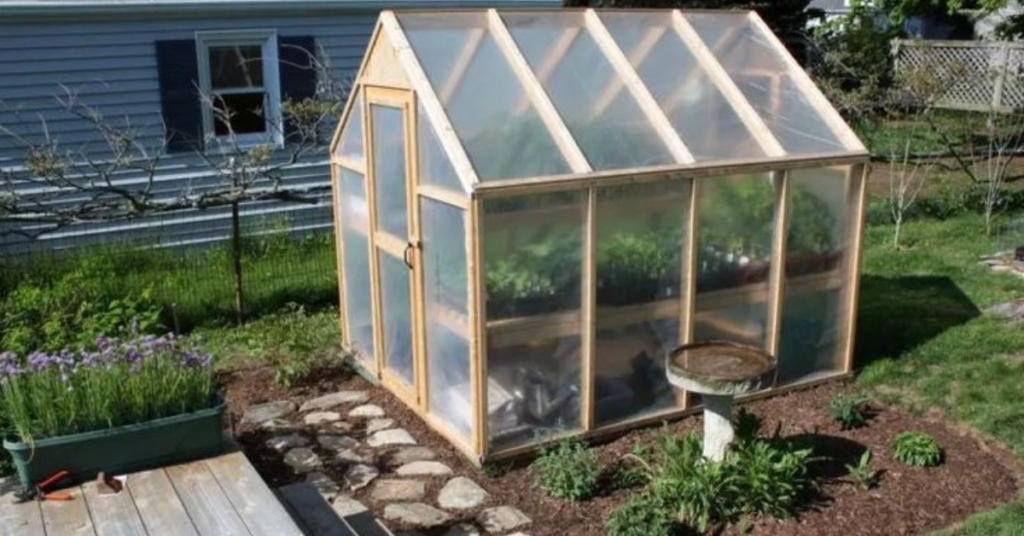
Table of Contents
1. Choose the Right Vegetables for Your Greenhouse
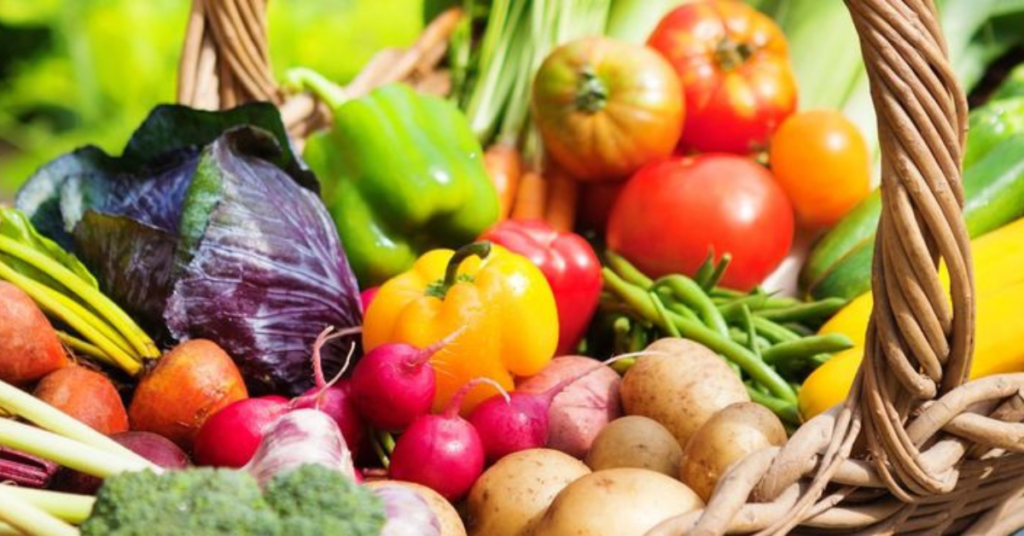
Not all vegetables thrive in a greenhouse environment, so selecting the right ones is crucial. Cool-season vegetables like lettuce, spinach, kale, and radishes are perfect for winter months. During warmer seasons, tomatoes, peppers, cucumbers, and eggplants flourish. By rotating crops and tailoring your choices to the season, you can maximize your greenhouse’s productivity.
2. Optimize Temperature Control
Maintaining a consistent temperature is key to healthy plants. Invest in a reliable thermometer and heating system for winter months and proper ventilation or shade cloths for summer. Most vegetables thrive in temperatures between 18°C and 24°C, so keeping a close eye on the greenhouse climate is essential.
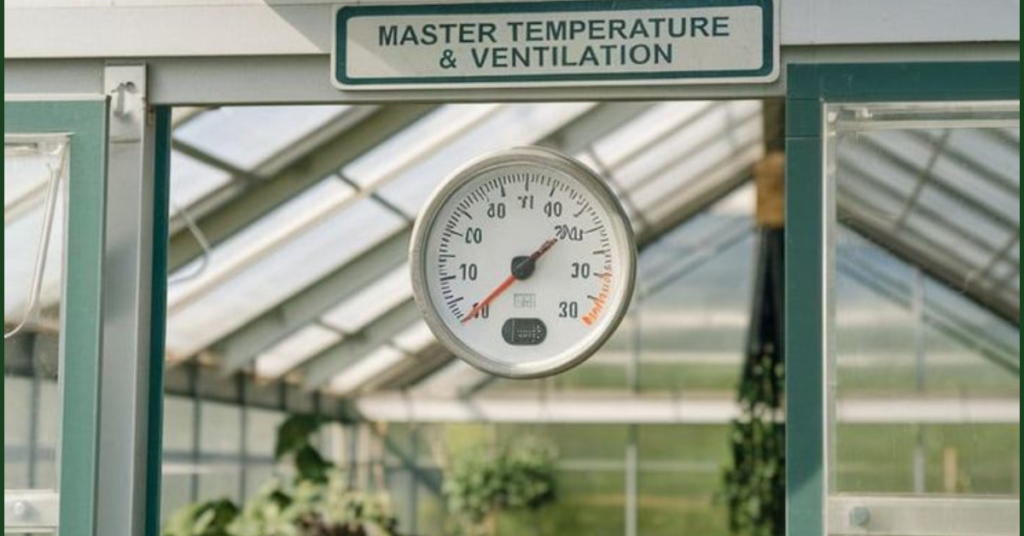
3. Use Quality Soil
Healthy soil is the foundation of successful greenhouse gardening. Use a rich, well-draining potting mix that’s enriched with organic matter like compost or aged manure. Regularly test the soil’s pH level to ensure it’s suitable for your chosen vegetables. For example, tomatoes prefer slightly acidic soil, while lettuce thrives in neutral to slightly alkaline conditions.

4. Water Wisely
Proper watering techniques are vital for greenhouse vegetables. Overwatering can lead to root rot, while underwatering can stress your plants. Drip irrigation systems or soaker hoses are excellent options to ensure consistent moisture. Be mindful of each vegetable’s specific watering needs; cucumbers, for instance, need more water than drought-tolerant crops like peppers.
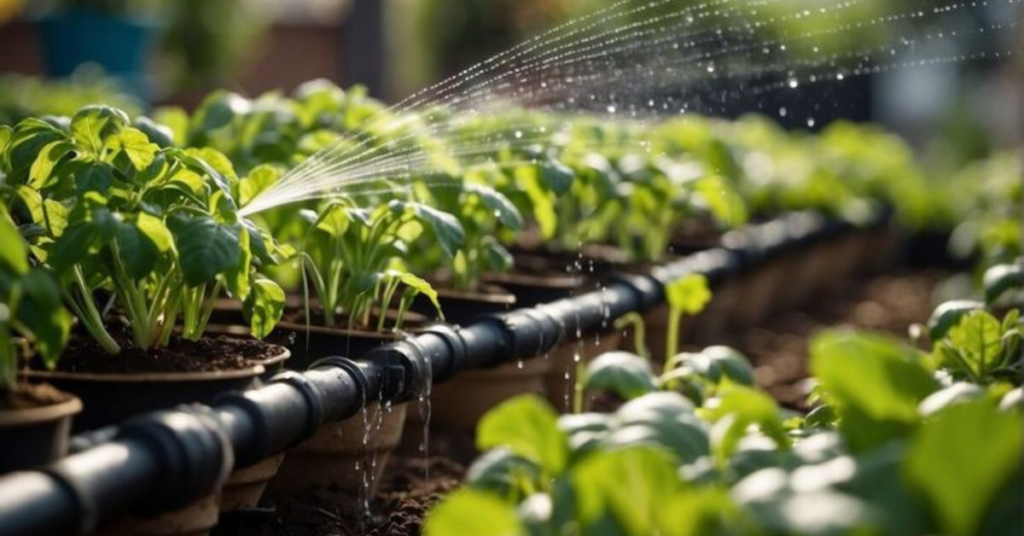
5. Incorporate Companion Planting
Companion planting is a clever way to boost plant health and deter pests. For example, planting marigolds alongside tomatoes helps repel harmful insects, while herbs like basil enhance the flavor of tomatoes. This strategy also helps you make the most of your greenhouse space by growing multiple plants together harmoniously.
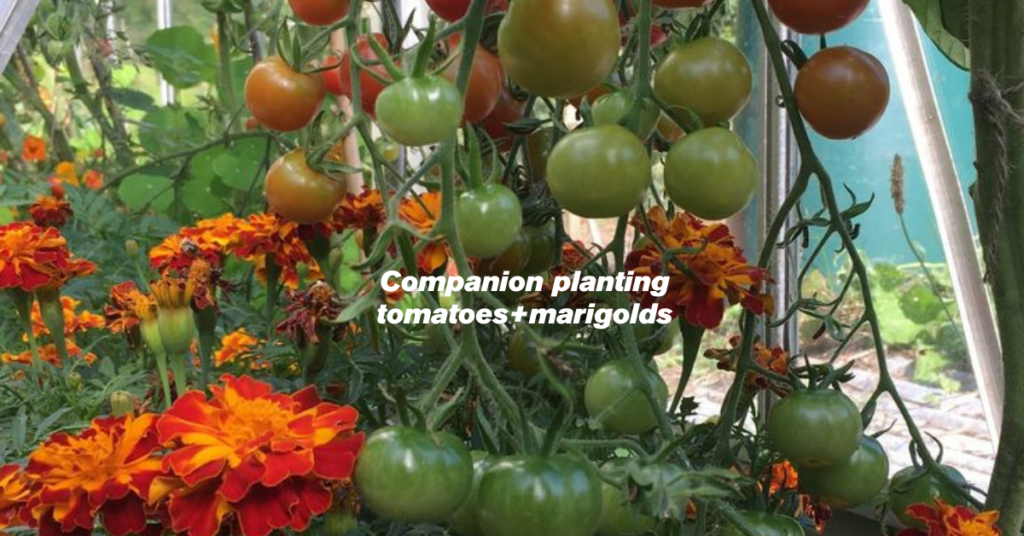
6. Provide Adequate Lighting
During winter months, when natural light is limited, supplemental grow lights can make a huge difference. LED grow lights are energy-efficient and provide the spectrum of light vegetables need to photosynthesize. Position lights above the plants and adjust them as they grow to ensure even coverage.
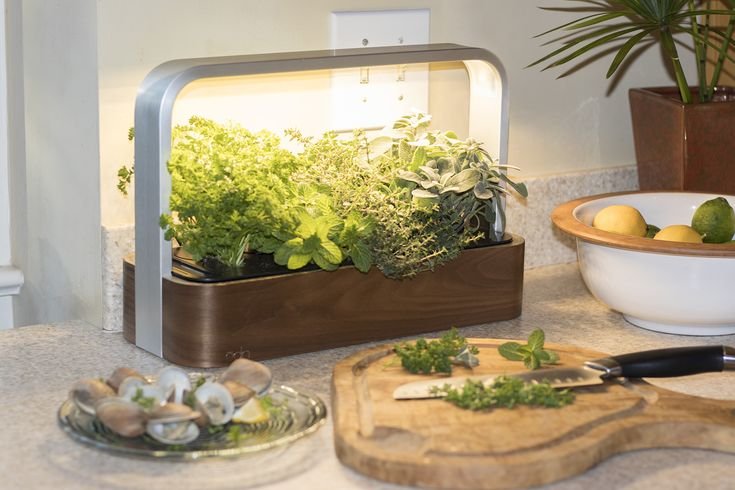
7. Control Humidity Levels
Excessive humidity in a greenhouse can lead to fungal diseases and pest infestations. Use a hygrometer to monitor humidity levels and maintain a balance between 50% and 70%. Proper ventilation and spacing between plants can improve airflow, reducing the risk of mold or mildew.

8. Regularly Inspect for Pests and Diseases
Greenhouses can become breeding grounds for pests and diseases if not monitored carefully. Check your plants regularly for signs of aphids, whiteflies, or spider mites. Use organic pest control methods like neem oil or introduce beneficial insects like ladybugs to keep infestations under control.

9. Rotate Crops
Crop rotation is just as important in a greenhouse as it is in an outdoor garden. Growing the same vegetable in the same spot repeatedly can deplete the soil and encourage pests. Alternate between different vegetable families each season to maintain soil health and prevent disease buildup.

10. Plan for Continuous Harvests
Stagger your plantings to enjoy a continuous harvest. For instance, sow lettuce seeds every two weeks to ensure a steady supply of fresh greens. Quick-growing vegetables like radishes can be harvested and replanted multiple times a year, making them an excellent choice for year-round production.

Top Vegetables to Grow in a Greenhouse All Year Round
A greenhouse offers the perfect environment to grow a variety of vegetables throughout the year. Here are some tips for growing vegetables in a greenhouse.
- Lettuce: This leafy green is a fast-growing crop that thrives in cooler temperatures, making it an excellent choice for winter and early spring. Varieties like romaine and butterhead are particularly suited for greenhouse cultivation, as they grow quickly and require minimal maintenance.

- Tomatoes: A classic greenhouse staple, tomatoes flourish in the controlled environment of a greenhouse, especially during the warmer months. Cherry tomatoes and beefsteak varieties are popular choices, as they produce abundant harvests when provided with proper support and regular pruning.

- Cucumbers: Known for their high yields, cucumbers are perfect for summer growing in a greenhouse. Varieties like English cucumbers and pickling cucumbers thrive in the warm, humid conditions a greenhouse can provide, especially when grown vertically to save space.

- Spinach: A hardy green, spinach grows well in cooler temperatures, making it a reliable crop for winter and early spring. It matures quickly, allowing for multiple harvests throughout the season.
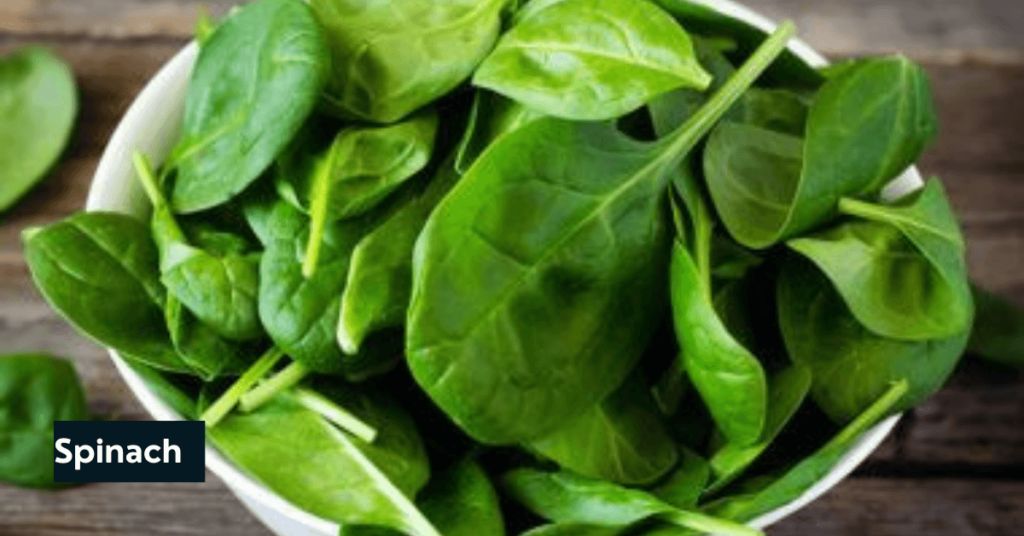
- Peppers: Whether you prefer sweet bell peppers or spicy chili peppers, these versatile vegetables thrive in the stable, warm conditions of a greenhouse. With the right care, they can produce an impressive yield throughout the growing season.
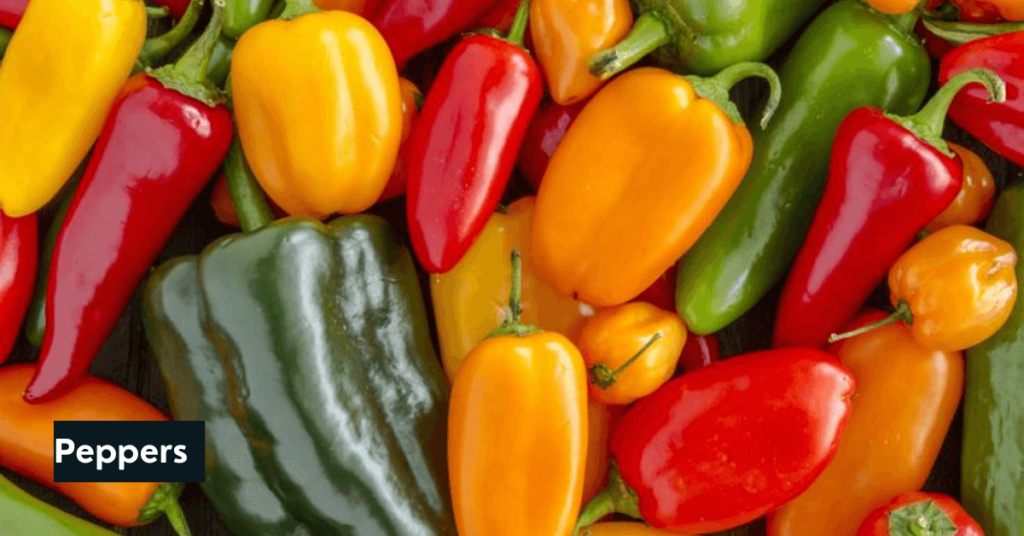
- Radishes: Radishes are among the quickest vegetables to mature, often ready to harvest in just a few weeks. They are ideal for interplanting with slower-growing crops, making them a valuable addition to any greenhouse garden.
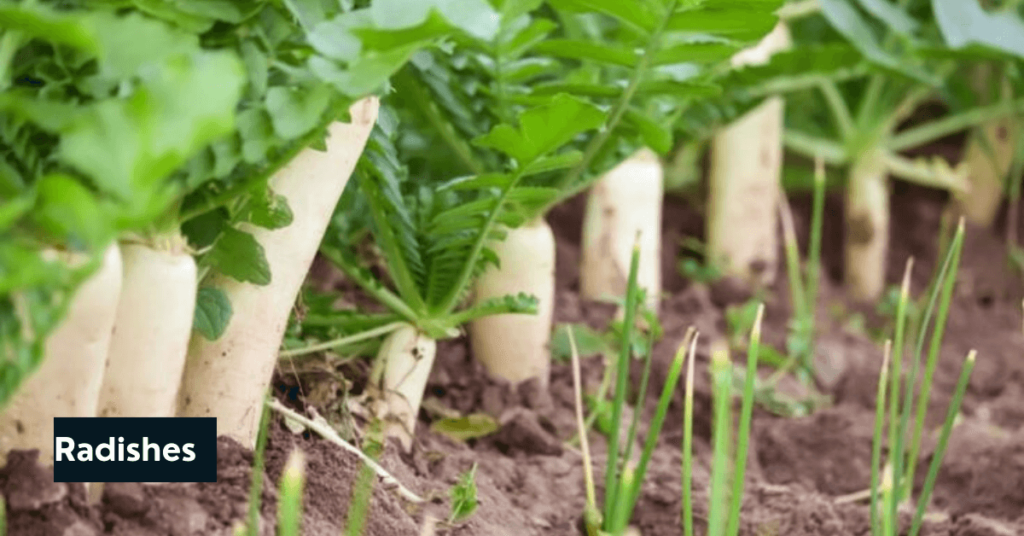
- Carrots: Though typically associated with outdoor gardens, carrots can thrive in a greenhouse when grown in deep, loose soil. They are well-suited for cooler months and provide a sweet, crunchy harvest.
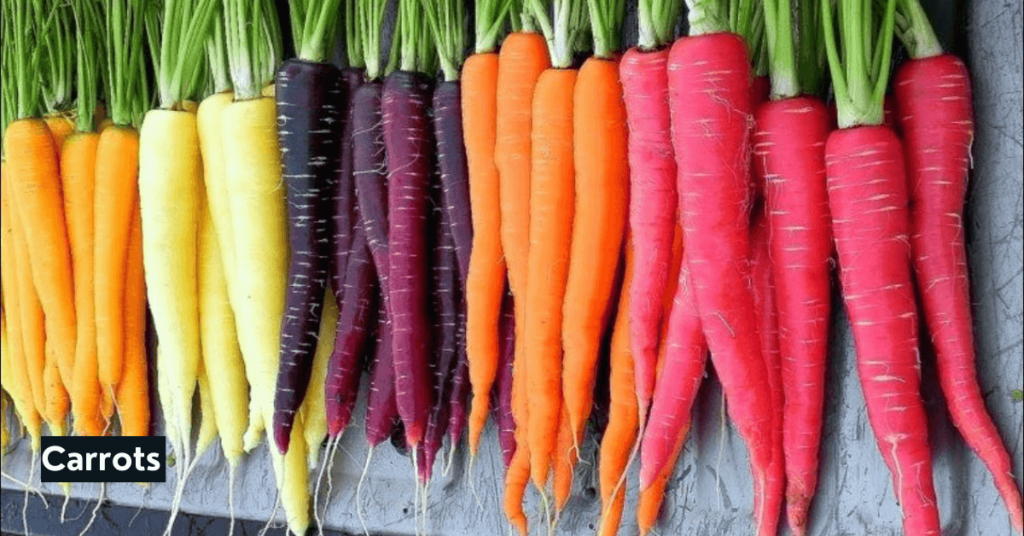
- Herbs: While not vegetables, herbs like basil, parsley, and cilantro are invaluable in a greenhouse. They grow quickly, require little space, and add fresh flavor to your meals.
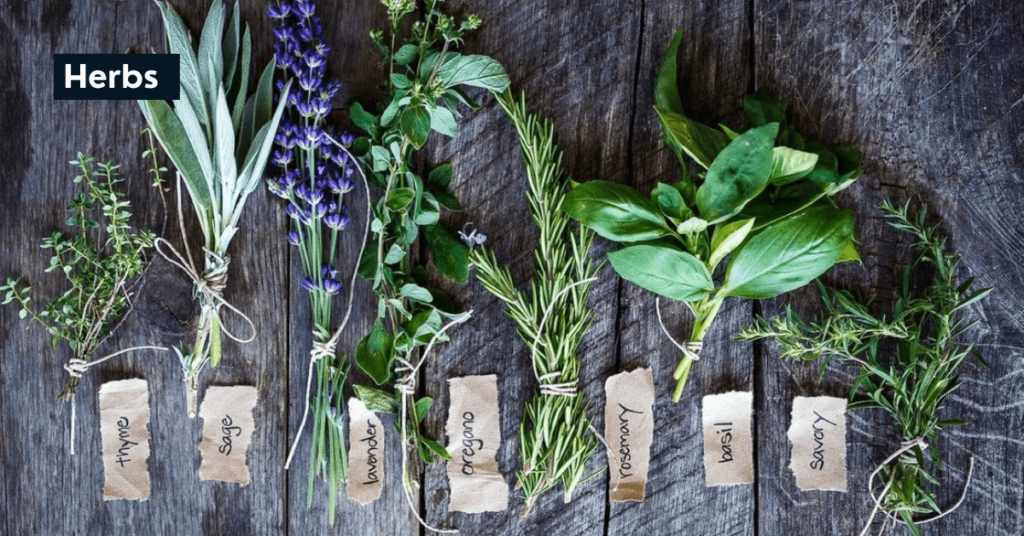
Each of these vegetables offers unique benefits and can be tailored to the seasons, ensuring your greenhouse remains productive and diverse year-round.
Conclusion
By implementing these expert tips for growing vegetables in a greenhouse, you can transform your greenhouse into a thriving, year-round vegetable garden. With proper care, planning, and attention to detail, your greenhouse will reward you with fresh, delicious vegetables in every season. Start experimenting with different crops and techniques, and enjoy the satisfaction of growing your own produce in a sustainable and rewarding way.





